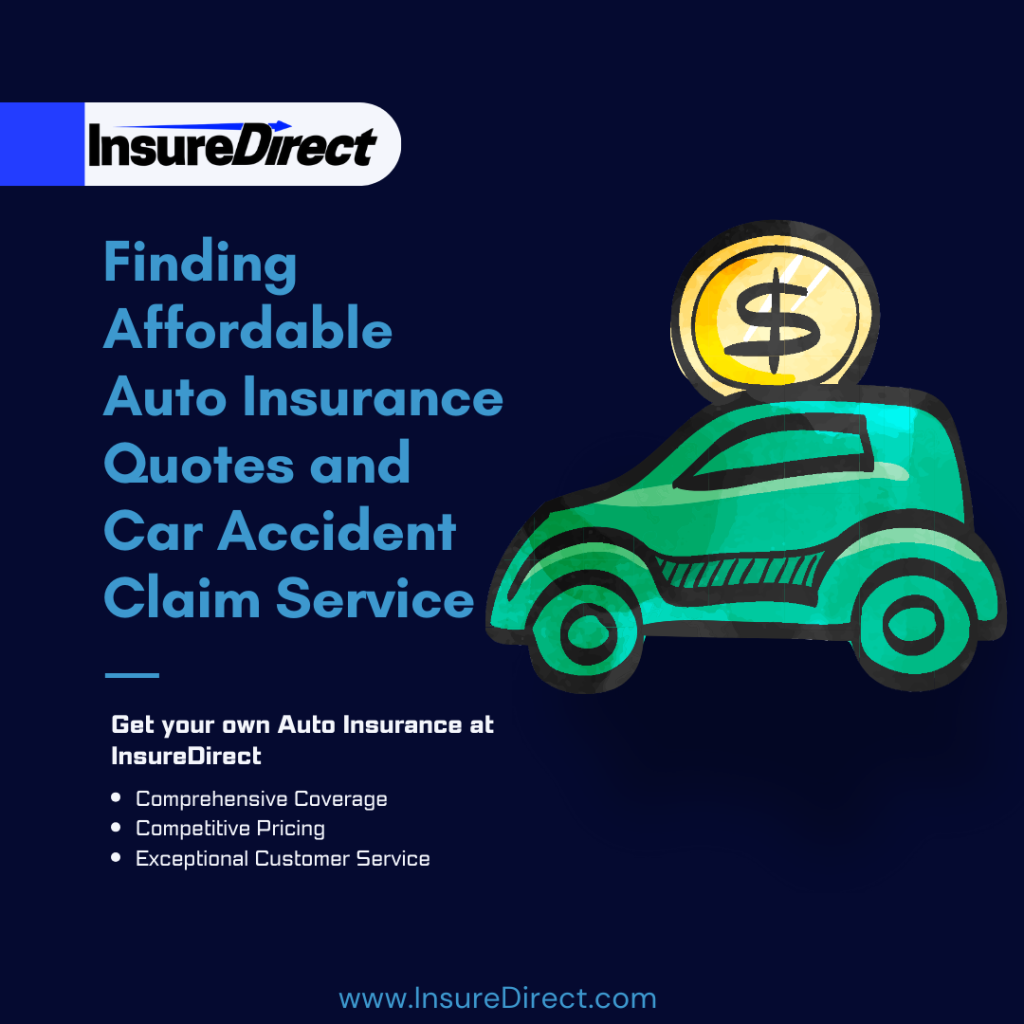Ten Frequent Errors to Refrain While Acquiring Vehicle Insurance
Acquiring car insurance can often feel overwhelming, particularly given the many available options and the jargon that can confuse the procedure. A lot of individuals quickly jump into picking a policy, motivated by price alone or misunderstandings about what insurance coverage they really need. Nevertheless, understanding the typical mistakes can help you avoid excessive cost and annoyance in the long run.
In this article, we will explore ten common errors that buyers often encounter when acquiring car insurance. Being mindful of these missteps, you can take wise decisions that protect you financially but also ensure you have the suitable coverage for your needs. If you are a first-time buyer or looking to switch providers, dodging these pitfalls will enable you obtain the optimal policy. Let us delve in and empower you to maneuver the world of auto insurance confidently.
Comprehending Insurance Choices
When purchasing car insurance, it's essential to understand the different coverage options accessible to ensure you select a plan that satisfies your needs. Auto insurance generally includes liability insurance, collision coverage, and comprehensive insurance. Liability coverage safeguards you from costs associated with damages or injuries you may inflict to others in an accident. Collision coverage, on the other hand, covers damage to your vehicle from a collision, no matter of who is at fault. Comprehensive coverage offers protection against incidents not involving collisions incidents, such as theft, vandalism, or natural disasters.
Another maximal aspect of coverage options is uninsured motorist coverage. This kind of protection is vital in situations where you are involved in an accident with a driver who lacks sufficient coverage or has no insurance. By holding this coverage, you can shield yourself from financial loss caused by accidents involving these drivers. It's a safeguard that many people neglect, but it can be critical for your financial security.

Lastly, don't forget to think about additional options such as personal injury coverage and roadside assistance. Personal injury protection can take care of medical expenses for you and your passengers, no matter of who is at fault. Roadside assistance provides help in case of breakdowns or other emergencies. Evaluating these alternatives carefully will confirm you have a comprehensive auto insurance policy that truly covers you on the road.
Evaluating Quotes Effectively
When shopping for car insurance, it is essential to compare quotes from multiple insurers to ensure you are receiving the best offer possible. Start by gathering quotes from a minimum of three various providers. Such an approach gives you a broader perspective on what the market provides and helps you spot any important differences in pricing for comparable coverage. Keep in mind that the lowest-priced option isn’t always the most suitable; pay attention to the coverage limits, deductibles, and exclusions that may vary from one policy to another.
Additionally, utilize comparison tools on the internet to streamline the process. Such tools can save you time by enabling you to input your information once and receive multiple quotes in return. However, while utilizing these online resources, be sure to verify the credibility and reputation of the insurers. Reviewing feedback and ratings from fellow customers can offer insight into the quality of customer service and the claims process, which are critical factors in your decision-making.
Lastly, when you receive your quotes, take the time to analyze and evaluate the coverage provided. Look beyond just the cost amount and consider the specific features each policy offers. Some policies may offer benefits such as roadside assistance or rental car coverage, which could influence your overall costs and satisfaction in the long run. By doing a thorough comparison, you will be more equipped to choose a policy that meets your needs and budget while providing adequate coverage.
Neglecting Coverage Tiny Print
When purchasing car insurance, many buyers tend to ignore the fine print of their policies. cheapest car insurance Dallas encompasses critical information about coverage limits, exclusions, and specific conditions that might be applicable. Ignoring this information can lead to unexpected out-of-pocket expenses during a settlement, leaving insureds vulnerable in situations they believed were covered.
Additionally, many policyholders focus on the cost amount without completely realizing the effects of their chosen coverage choices. They may choose lower costs, only to realize that their out-of-pocket costs are much higher than anticipated or that essential features, such as rental car coverage or roadside assistance, are excluded. This oversight can create financial strain, especially in periods of need.
Finally, the terminology used in insurance policies can sometimes be complicated and filled with legal jargon. Failing to seek guidance on confusing terms can result in misunderstandings about what is covered versus what is not. To avoid these missteps, it is recommended to read through the coverage meticulously, ask questions, and even speak with a well-informed agent if necessary to ensure complete understanding of the conditions before committing to a plan.